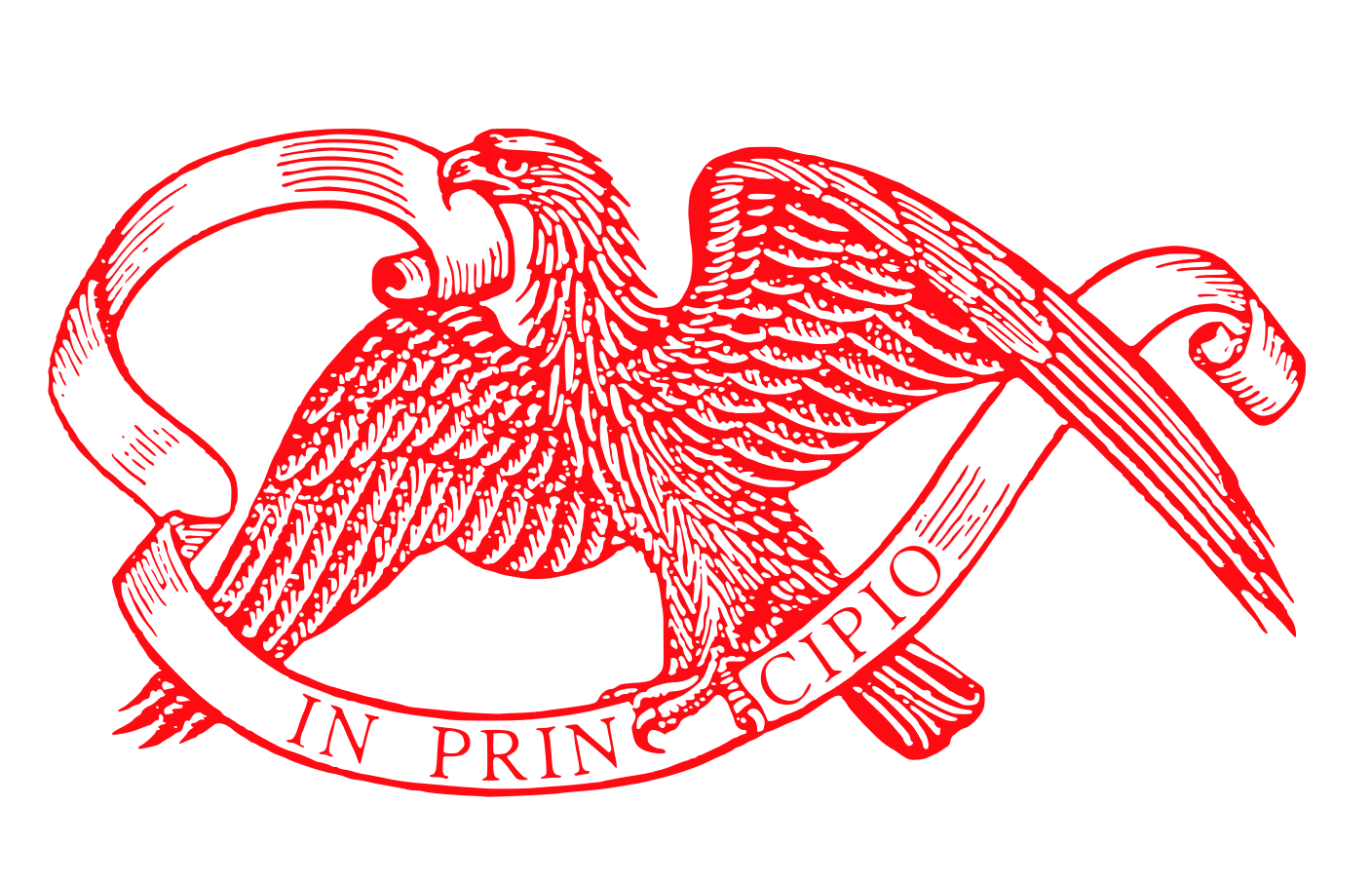Why I Give
André was a young offender, maybe 18 or 19 years old. He was a Native Canadian of the Ojibway people. He was equally at home surviving in the woods, hunting or fishing, or driving taxi in Toronto. One day, his drinking got out of control and in an alcoholic rage, he killed someone and was sentenced to the maximum penalty of three years.
He was detained at a young offenders’ facility which offered a secondary school program. I was André’s English teacher. One of his numerous talents was painting. Every day, he had art class before English. He would show me a painting he was working on. It was a colourful work, featuring Ojibway tribal symbols. He would ask me to comment on his progress. The problem was that I was not just a mediocre English teacher (my specialty is German), but that I also know next to nothing about the Fine Arts. These encounters continued for a few weeks, with André wanting to know at the beginning of every English class what I thought of the painting. Once again, I reminded him that although I thought the painting was beautiful, I was really not qualified to judge it. He replied, “But I did this for you!" I was stunned. Even the best English teacher in the world could not expect to receive such a precious gift. Yes, André had given me more than I could ever give him. Giving and receiving I thought, must be intimately interconnected, if not the same thing.
Recently, at the Church of St John the Evangelist in Montreal, the Rector, Father Keith, gave a sermon on the subject of stewardship, a topic that few Anglicans are wildly enthusiastic about discussing. Father Keith however eloquently defended the notion that each member of the Church should be expected to give of his or her time and treasure. We are all responsible for preserving our priceless Anglo-Catholic heritage and for maintaining our commitment to social justice.
'Responsibility' is the key word here. Erich Fromm and the Dalai Lama have both analyzed the meaning of LOVE to include four elements: responsibility, respect, concern, and affection. All of these require some form of giving or self-donation. Of course, there is a catch. We do-gooders must be aware of the temptation to be overly proud of what we do: an 'I-give-more-than-thou' attitude can undo all the good work. Yes, there’s more to giving than pride in one’s own accomplishments. The more one gives, the more one receives. This should make us humble, not overbearing. Personally, I give for three reasons:
Stewardship - Maybe Father Keith’s sermon has rehabilitated the word. We want to support the Church.
Responsibility - For social justice. We want to help reduce, if not eliminate, the gross inequality that unbridled capitalism creates.
Gratitude - Living in this Country has given me probably more than I deserve. I want to give some of it back. Some people even take that a step further and give ‘forward.’ Recently, I pulled up to the window of a Tim Horton’s drive-in. As I was about to pay for my coffee, I was told that it had already been paid for by the driver ahead of me, whom I did not even know. How’s that for generosity?

